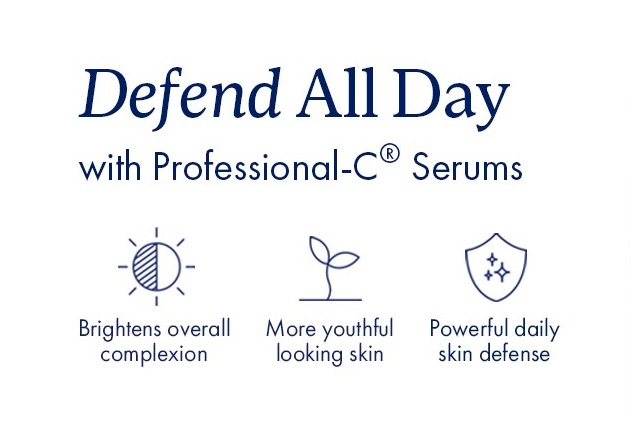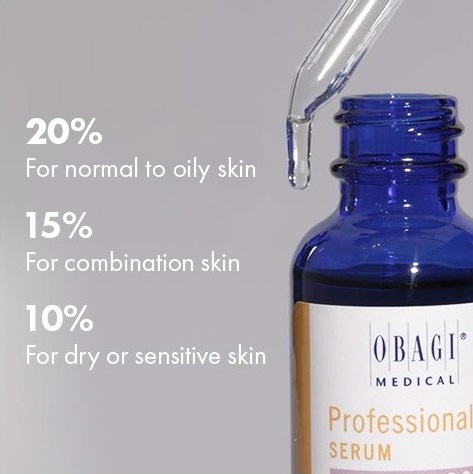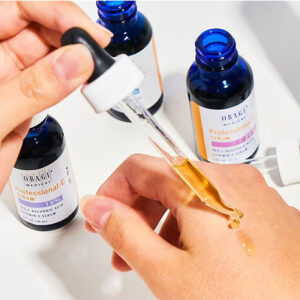
Vitamin C serums have grown in popularity rapidly and are now an essential part of most people’s skincare routine. You might be new to Vitamin C skincare products or you have just started using them. It’s great to read about all the benefits and plus sides of Vitamin C, but are there also side effects? Before purchasing or using, we recommend reading up on both the benefits and possible side effects to have a clear understanding of how a Vitamin C serum works. No need to do the research for yourself, as we have gathered all you need to know about the side effects of Vitamin C serums in this blog.
What does a Vitamin C serum do?
Firstly, let’s have a look at what Vitamin C serums actually do. Why are they so extremely popular? Most likely because it has proven to work miracles for dull-looking skin that could use a little pick-me-up. Vitamin C, also known as L-ascorbic acid, is an antioxidant that helps to protect your skin from damaging free radicals, whilst also promoting collagen production in your skin.
Collagen is the most abundant protein in your body, which is responsible for your skin’s firmness and elasticity. When getting older, your body’s natural collagen production starts to slow down which will eventually result in the appearance of fine lines, wrinkles and other signs of ageing. Vitamin C has proven to promote collagen production which improves your skin’s firmness and elasticity, giving you a more youthful appearance.
Besides reversing the signs of ageing, a Vitamin C serum can also help to brighten up dull-looking skin, giving you a more radiant complexion. For this reason, you cannot exclude a Vitamin C serum from your summer 2022 skincare routine!
But what about the side effects of Vitamin C serums?
Now, let’s talk about the darker side of Vitamin C serums, if there even is one. Because if you ask us, the benefits of Vitamin C serums definitely outshine the side effects. As with every new skincare product you’re using, Vitamin C serums can cause your skin to irritate at first. The most common side effects include:
- itching
- redness
- skin irritation
- tingling sensation upon application
To be completely clear: itching, redness or slight skin irritation does NOT mean you should immediately drop the product and opt for another one. It takes some time for your skin to get used to the product, so give it the time it needs. In most cases, after a few days your skin should slowly start to get used to the products. However, if you experience continued burning or signs of an allergic reaction, such as swelling or hives, then immediately wash your face to remove the serum.
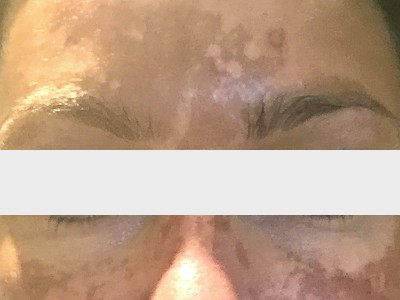
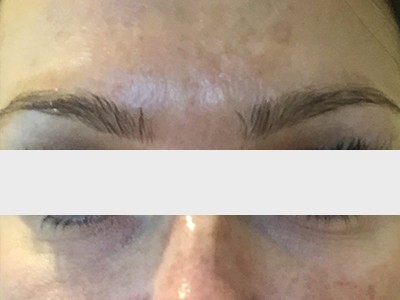
Choose the right percentage of Vitamin C
If your skin gets too itchy, red or irritated from using a Vitamin C serum, this might mean the percentage of Vitamin C is too high for your skin. In particular if you have sensitive skin, you will definitely need a Vitamin C serum that has a lower concentration, for example 10%. If your skin is used to Vitamin C products, you might notice that the effects will decrease so it might be time to choose for a serum with 20% L-ascorbic acid. This is where the Obagi Professional-C® Serum is the absolute perfect Vitamin C serum for all skin types, as it is available in three different strengths: 10%, 15% and 20%. Simply choose what works best for your skin type and if it works well, you can always step up your game to a higher percentage. This way, you keep the side effects at a minimum.


